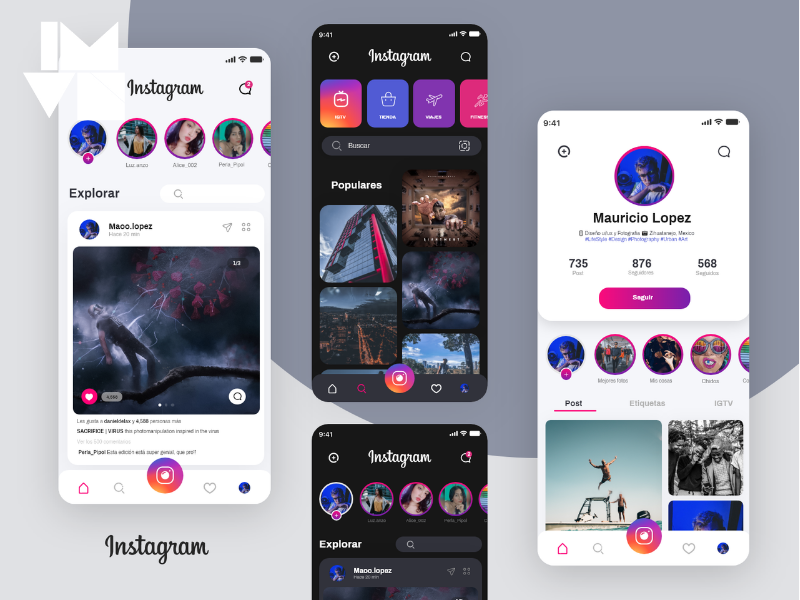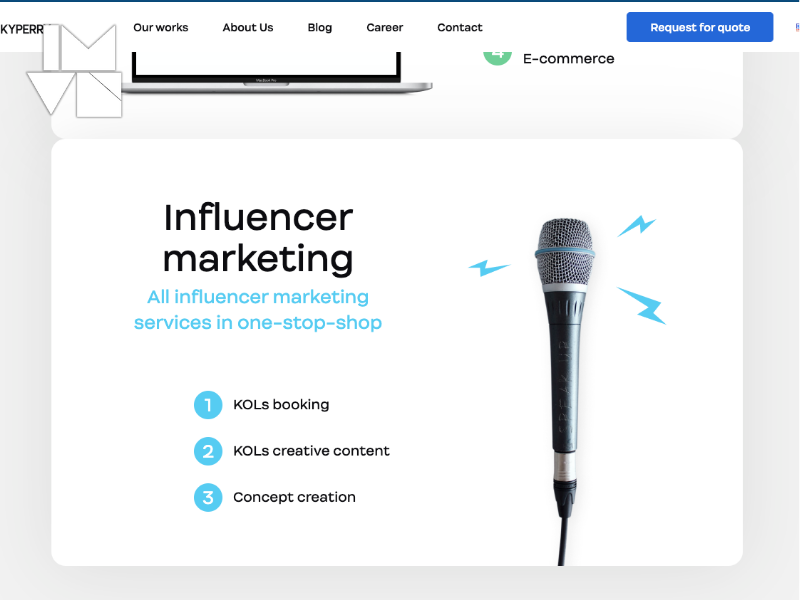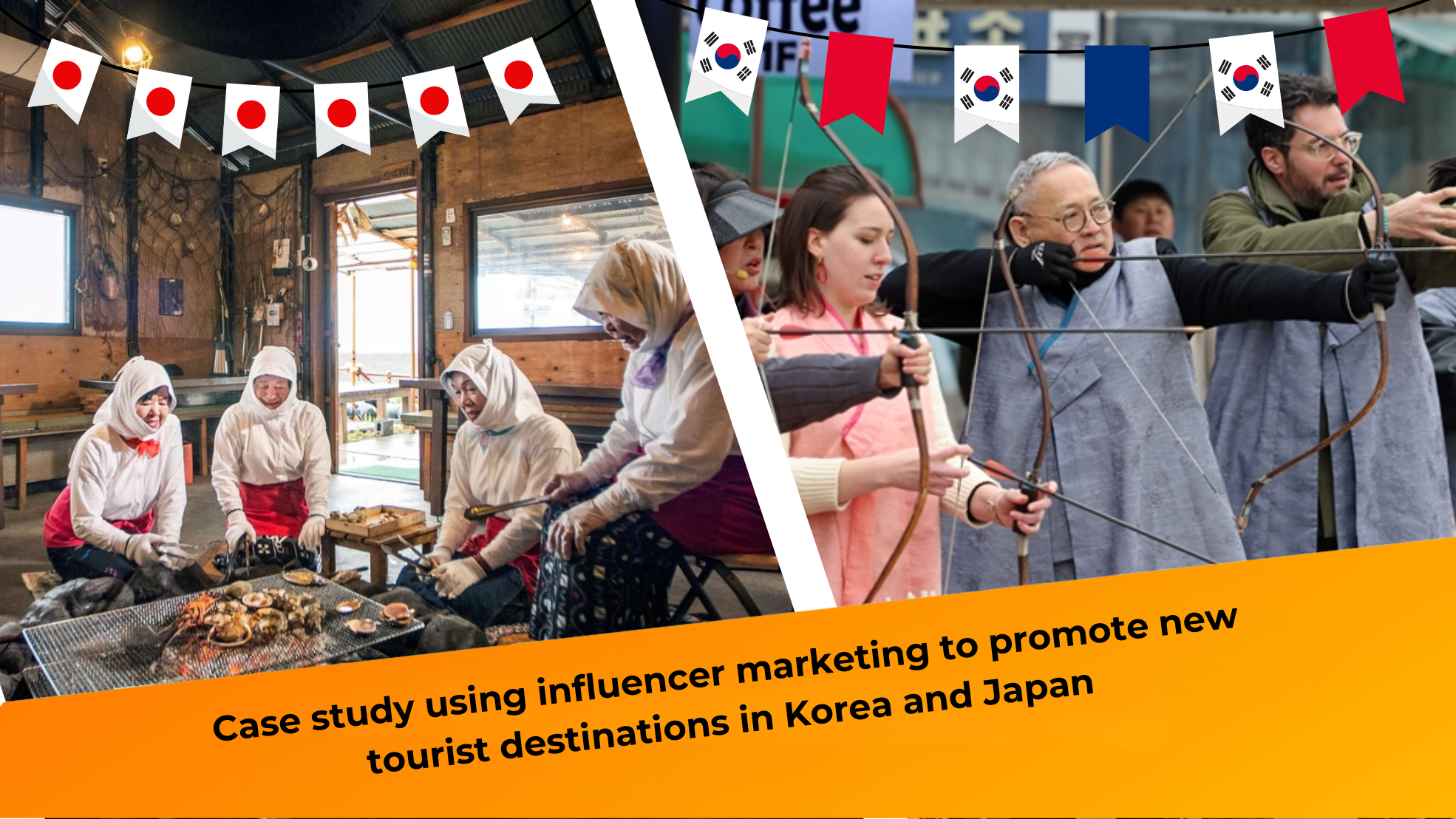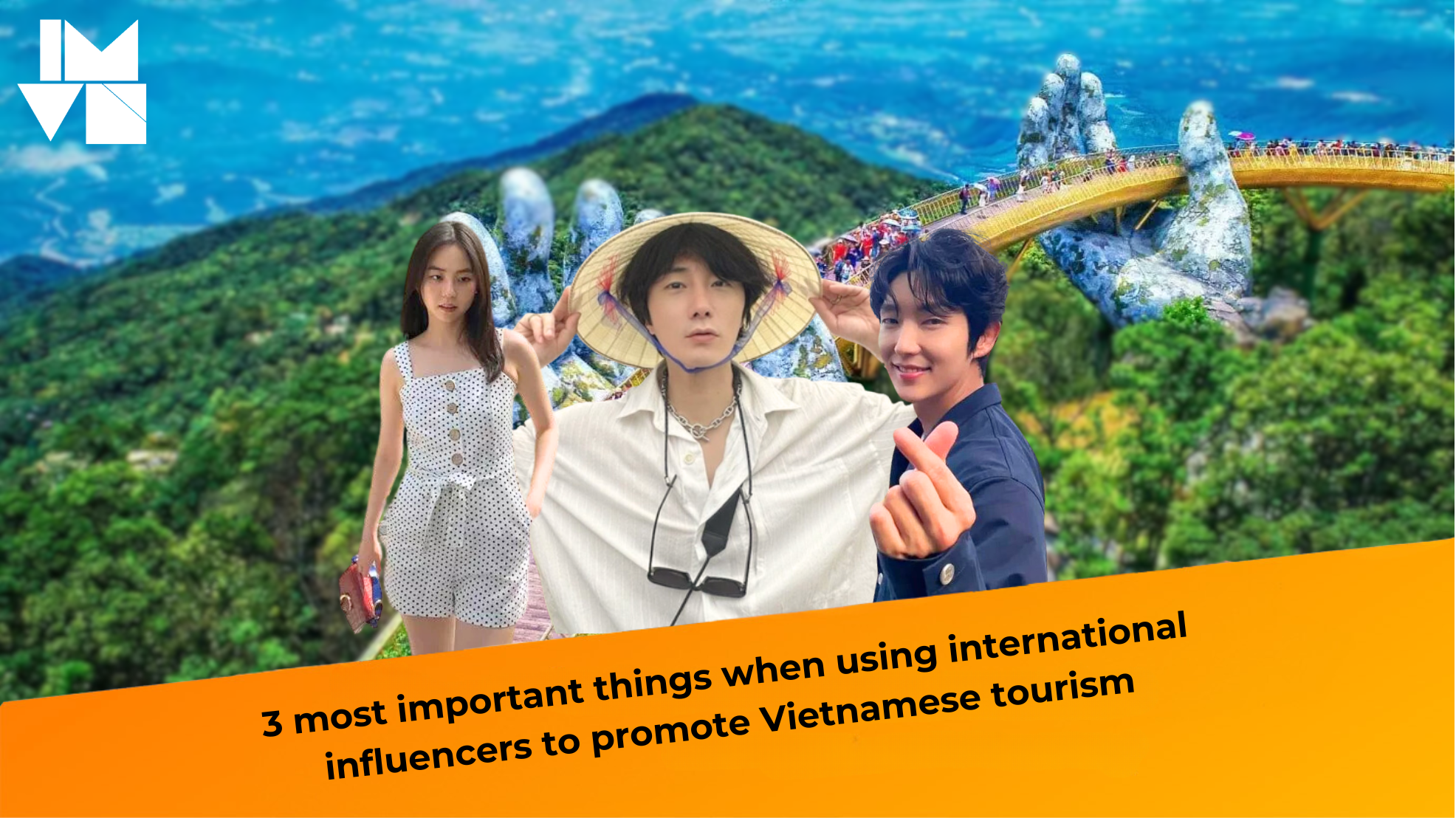Influencer marketing is one of the fastest-growing advertising sectors. On Instagram alone, ad spending for this industry was estimated at $1 billion in 2017 and is projected to exceed $2 billion in 2019. With this market growth, companies are increasingly allocating budget to influencer marketing.

When seeking influencer marketing solutions, brands typically have two options: hire an agency or use an automated influencer search platform. Many brands and marketers struggle to decide between a platform or an agency.
Here’s a breakdown of the key differences between influencer marketing agencies and platforms to help you find the best fit.
Influencer Connections
Platforms limit brands to a pool of registered influencers, often micro-influencers. This makes it challenging to connect with celebrities or top-tier influencers.
Conversely, agencies can work with any influencer, regardless of their size. Specialized influencer marketing agencies often have strong relationships with top influencers, offering KOLs brand building and social media development consulting.

Choosing the Right Influencer
Agencies leverage their experience to select KOLs who align with a brand’s campaign. Effective agencies track performance data from past campaigns and monitor changes in KOL channels to assess suitability. However, not all agencies have comprehensive KOL data, and subjective judgment can influence these evaluations.
Platforms rely on system-collected metrics from registered influencers. This offers quick and automated data retrieval at low costs. However, these metrics are standardized for all KOLs, from micro-influencers to celebrities. This can be inconvenient for campaigns with high-cost celebrities and top-tier influencers who require more in-depth analysis.
Creative Strategy
Platforms allow brands to set budgets and select influencers from a list, similar to traditional pay-per-click (PPC) campaigns. This approach can hinder content authenticity and creativity, which are key differentiators in influencer marketing.
Platforms offer the advantage of low cost and flexible campaign adjustments.
Agencies, on the other hand, have creative teams dedicated to developing influencer marketing strategies and content. They are suitable for brands that prioritize strategy and creative content. However, working with an agency involves a more structured process and higher costs.
Campaign Execution
Platforms operate on an automated model, connecting brands and influencers for transactions. Brands using platforms handle planning, adjustments, and monitoring to achieve KPIs.
Agencies manage the entire campaign, from planning and execution to KPI commitment and KOL performance reporting.
Source: Compiled from various sources





